🌱 Building Strong Foundations Before School: Simple Ways to Support Early Learning at Home
Did you know that 90% of your child’s brain development happens before the age of five?
That’s a powerful reminder of just how important the early years are—but don’t worry, this doesn’t mean you need to sit down and teach your preschooler to read or write before they start school.
Instead, think of your home as a learning-rich environment, where everyday moments and playful routines build the foundation your child needs to thrive later on.
The goal isn’t formal lessons—it’s about exposing your child to rich language, sounds, stories, and experiences that help their brain grow and develop.
Here are some simple, meaningful ways to do just that:
📚 Read Together Every Day
Snuggle up with a book each day. Choose colourful picture books, nursery rhymes, or stories with repetition and rhythm. Let them turn the pages and talk about what they see.
🎶 Sing Songs and Rhymes
Singing nursery rhymes and silly songs builds phonemic awareness (the sounds in words) in a fun and memorable way.
🗣️ Talk, Talk, Talk
Narrate your day! Describe what you’re doing as you cook, clean, or go for a walk. Ask your child questions—even if they don’t answer yet, they’re learning from hearing your words.
✍️ Play with Print
Let your child see words everywhere—on cereal boxes, signs, menus, and labels. Point them out and say what they are. Scribbling, drawing, and pretending to write are all valuable early steps.
🎨 Encourage Play and Creativity
Playtime is learning time. Whether it’s role play, building with blocks, or drawing, your child is developing vocabulary, coordination, and thinking skills.
The most important thing? Keep it joyful and pressure-free. Your child doesn’t need to know how to read before school—but by creating a rich, language-filled environment now, you're giving them the very best start.
Let learning happen naturally, through play, songs, books, and conversations—and when they’re ready, they’ll have a strong foundation to build on.
You've got this—and ParentEd is here to support you every step of the way 💛


